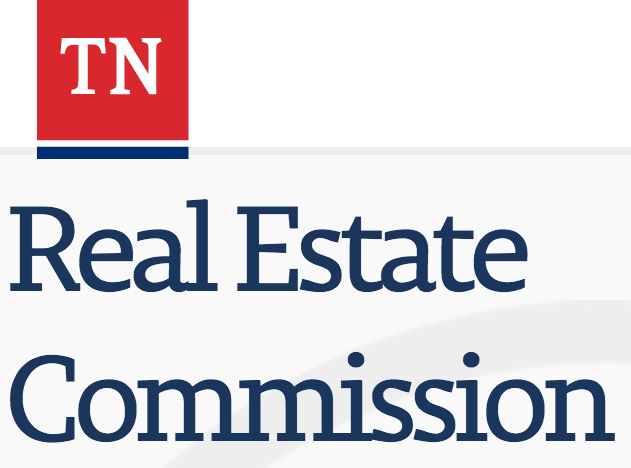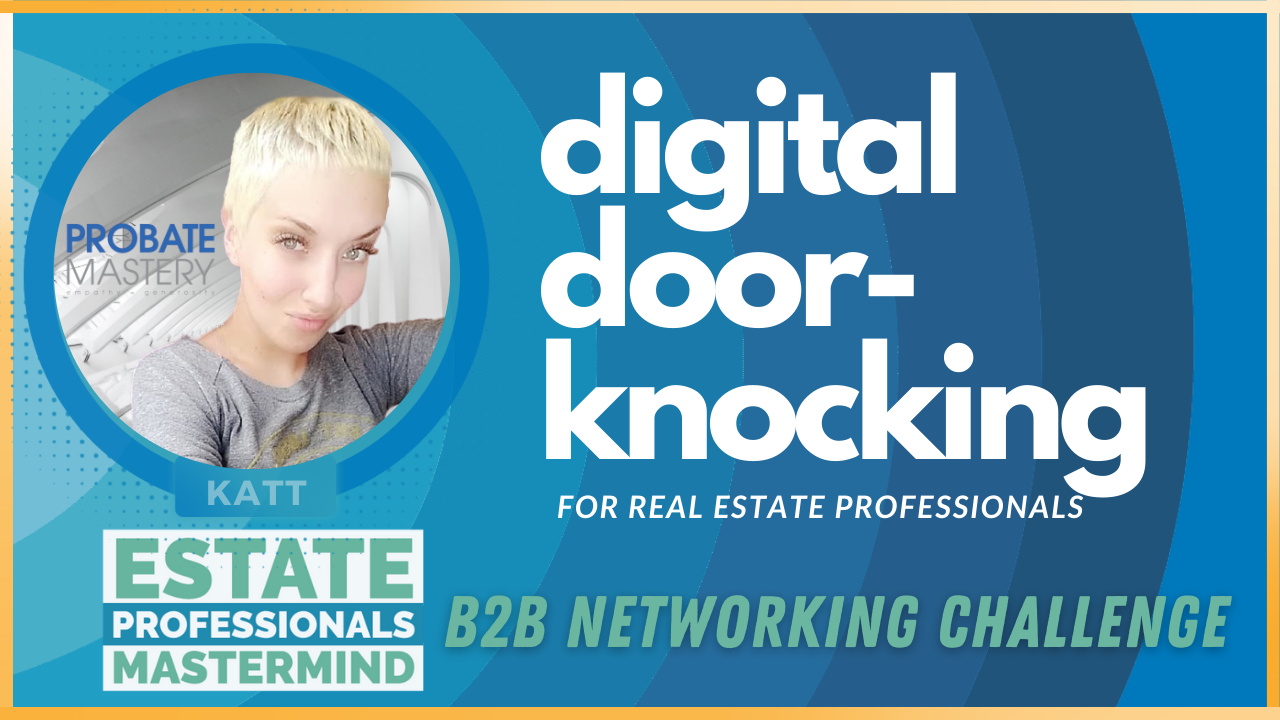
Real estate commission in Illinois refers to a percentage of the total price that realtors charge home buyers and sellers. Agents typically charge between 5-6% and 6% of the total price for home sellers or buyers. The agent can negotiate to reduce this amount to as low 2.5%.
Illinois Real Estate License Cost
A real estate education course is the first step in becoming a licensed agent in Illinois. These courses last approximately 75 hours and will teach you everything that you need to pass the real-estate exam. Many real estate schools also offer pre-licensing coursework that you can take at your own pace.
How to become a licensed Illinois real estate broker
Once you have completed the education required to become a licensed real estate agent and passed the exam, you can apply to the Illinois Department of Financial and Professional Regulations for licensure. Although the state takes approximately 5 business days for approval, backlogs may cause delays in processing.

Practicing Under a Real Estate Broker
Find an employing broker to complete the licensure process. This is a realty agent who is available to supervise you. The sponsoring broker must be licensed with Illinois Department of Financial and Professional Regulation. You should choose a company with proven track records in training and preparing successful real-estate agents.
An illinois real estate broker can make a great income if they have many clients, a strong referral network and excellent negotiation skills. Pay can vary depending on how many transactions you do and how much commission you receive from the brokerage.
Average Realtor Commission in Illinois
The Illinois average commission for real estate is 5.6%. This compares to the national average, 5.37%. This rate is affected by the local housing market, which includes how fast they sell and how many homes are still on the market.
How to Choose the Best Real Estate Commission Strategy For Your Situation
If you are selling your Illinois home, a discount realty agency will help you to lower your commission. These firms provide full-service representation, but can reduce your fee to 1.5% of the sales price.

You can also negotiate a lower commission with the real estate broker by asking for a higher commission cap. This can increase your ability to pay more for your commissions and can be a great way earn additional cash your first year of being an agent.
A minimum of 75 hours must be completed in post-secondary studies and you must pass the licensing examination to become an Illinois licensed real estate broker. Once you have met all of these requirements, you can apply for your Illinois real estate broker license online with the IDFPR. The application is $125 and takes approximately 45 days to process.
FAQ
How much money do I need to save before buying a home?
It depends on how much time you intend to stay there. You should start saving now if you plan to stay at least five years. However, if you're planning on moving within two years, you don’t need to worry.
How much money can I get to buy my house?
This varies greatly based on several factors, such as the condition of your home and the amount of time it has been on the market. The average selling price for a home in the US is $203,000, according to Zillow.com. This
How can I fix my roof
Roofs can leak due to age, wear, improper maintenance, or weather issues. Roofers can assist with minor repairs or replacements. Get in touch with us to learn more.
Statistics
- Over the past year, mortgage rates have hovered between 3.9 and 4.5 percent—a less significant increase. (fortunebuilders.com)
- This means that all of your housing-related expenses each month do not exceed 43% of your monthly income. (fortunebuilders.com)
- Private mortgage insurance may be required for conventional loans when the borrower puts less than 20% down.4 FHA loans are mortgage loans issued by private lenders and backed by the federal government. (investopedia.com)
- This seems to be a more popular trend as the U.S. Census Bureau reports the homeownership rate was around 65% last year. (fortunebuilders.com)
- Some experts hypothesize that rates will hit five percent by the second half of 2018, but there has been no official confirmation one way or the other. (fortunebuilders.com)
External Links
How To
How to manage a rental property
Renting your home can be a great way to make extra money, but there's a lot to think about before you start. We'll help you understand what to look for when renting out your home.
Here are some things you should know if you're thinking of renting your house.
-
What are the first things I should consider? You need to assess your finances before renting out your home. If you are in debt, such as mortgage or credit card payments, it may be difficult to pay another person to live in your home while on vacation. It is also important to review your budget. If you don't have enough money for your monthly expenses (rental, utilities, and insurance), it may be worth looking into your options. ), it might not be worth it.
-
How much does it cost for me to rent my house? Many factors go into calculating the amount you could charge for letting your home. These include factors such as location, size, condition, and season. Remember that prices can vary depending on where your live so you shouldn't expect to receive the same rate anywhere. Rightmove shows that the median market price for renting one-bedroom flats in London is approximately PS1,400 per months. This would translate into a total of PS2,800 per calendar year if you rented your entire home. That's not bad, but if you only wanted to let part of your home, you could probably earn significantly less.
-
Is this worth it? Doing something new always comes with risks, but if it brings in extra income, why wouldn't you try it? It is important to understand your rights and responsibilities before signing anything. You will need to pay maintenance costs, make repairs, and maintain the home. Renting your house is not just about spending more time with your family. Before you sign up, make sure to thoroughly consider all of these points.
-
Are there benefits? It's clear that renting out your home is expensive. But, you want to look at the potential benefits. There are plenty of reasons to rent out your home: you could use the money to pay off debt, invest in a holiday, save for a rainy day, or simply enjoy having a break from your everyday life. It's more fun than working every day, regardless of what you choose. If you plan well, renting could become a full-time occupation.
-
How do you find tenants? Once you've made the decision that you want your property to be rented out, you must advertise it correctly. Online listing sites such as Rightmove, Zoopla, and Zoopla are good options. Once potential tenants reach out to you, schedule an interview. This will help to assess their suitability for your home and confirm that they are financially stable.
-
How can I make sure I'm covered? If you don't want to leave your home empty, make sure that you have insurance against fire, theft and damage. You will need to insure the home through your landlord, or directly with an insurer. Your landlord will often require you to add them to your policy as an additional insured. This means that they'll pay for damages to your property while you're not there. However, this doesn't apply if you're living abroad or if your landlord isn't registered with UK insurers. In these cases, you'll need an international insurer to register.
-
Even if your job is outside the home, you might feel you cannot afford to spend too much time looking for tenants. You must put your best foot forward when advertising property. Post ads online and create a professional-looking site. It is also necessary to create a complete application form and give references. Some people prefer to do everything themselves while others hire agents who will take care of all the details. It doesn't matter what you do, you will need to be ready for questions during interviews.
-
What happens once I find my tenant If you have a current lease in place you'll need inform your tenant about changes, such moving dates. If this is not possible, you may negotiate the length of your stay, deposit, as well as other details. Remember that even though you will be paid at the end of your tenancy, you still have to pay utilities.
-
How do I collect rent? When the time comes for you to collect the rent you need to make sure that your tenant has been paying their rent. You'll need remind them about their obligations if they have not. Before you send them a final invoice, you can deduct any outstanding rent payments. You can call the police if you are having trouble getting hold of your tenant. The police won't ordinarily evict unless there's been breach of contract. If necessary, they may issue a warrant.
-
How can I avoid problems? Renting out your house can make you a lot of money, but it's also important to stay safe. Install smoke alarms, carbon monoxide detectors, and security cameras. Also, make sure you check with your neighbors to see if they allow you to leave your home unlocked at night. You also need adequate insurance. You should never allow strangers into your home, no matter how they claim to be moving in.